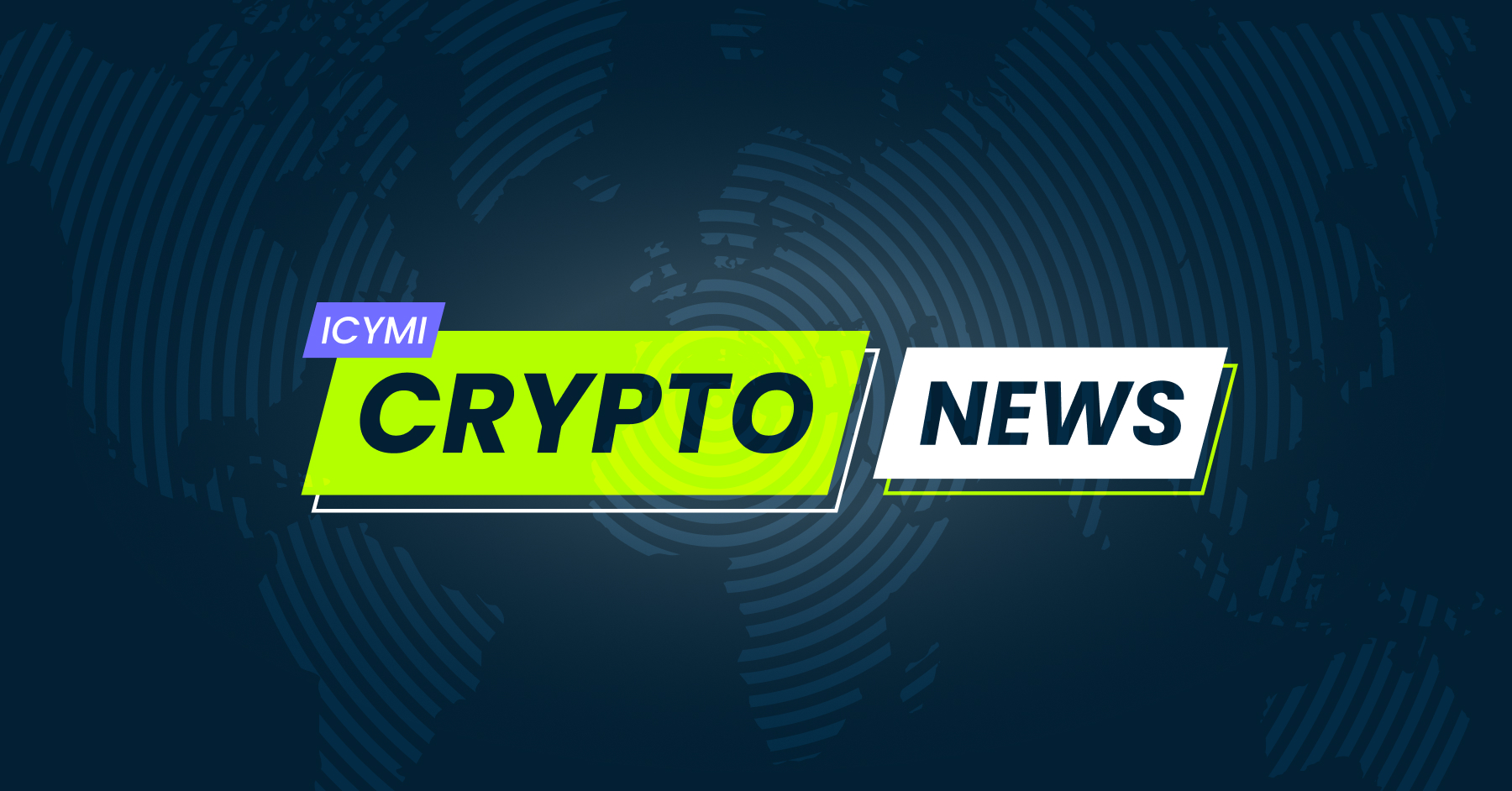Breaking copyright News: Trick Developments You Should Not Miss Today
Exploring the Impact of Regulative Adjustments and Technological Technologies on Today's Digital Currencies Headings
The crossway of regulative adjustments and technological developments is fundamentally altering the landscape of electronic currencies, triggering a re-evaluation of their role in the worldwide economic situation. Governing bodies, such as the SEC and CFTC, are actively influencing just how electronic possessions are identified, while new modern technologies are enhancing transaction effectiveness and safety and security actions. This dual development elevates important concerns about the implications for market dynamics and investor self-confidence. As we discover these developments, the inquiry stays: how will these elements form the future trajectory of electronic currencies in a significantly interconnected world?
Current Regulatory Landscape
Following rapid innovations in electronic money, the present governing landscape is progressing to attend to the complexities and difficulties presented by these technologies. Governments and governing bodies around the world are grappling with exactly how to effectively manage this blossoming market, which frequently goes beyond national limits.
Secret regulative techniques include the facility of structures that define digital currencies, making certain consumer protection and avoiding illicit tasks such as money laundering and scams. In the USA, firms like the Stocks and Exchange Commission (SEC) and the Product Futures Trading Compensation (CFTC) are proactively involving in conversations to make clear the category of numerous digital assets and their governing implications.
Similarly, the European Union is advancing its Markets in copyright-Assets (MiCA) policy, which intends to develop a natural regulative atmosphere throughout participant states. Nations like China have actually decided for stricter actions, including outright restrictions on specific copyright tasks.
As this governing landscape continues to establish, it will certainly be crucial for stakeholders, including organizations and consumers, to stay educated and adjust to the changing setting to reduce threats while capitalizing on chances within the electronic money ball.
Key Technological Innovations
Many technical innovations are improving the landscape of electronic currencies, considerably enhancing their performance and protection. Among the most essential innovations is the development of blockchain modern technology, which supplies a decentralized journal that guarantees transparency and immutability of purchases. copyright news. This technology not just mitigates the danger of scams yet likewise permits for real-time deal verification, promoting individual trust
Additionally, the appearance of clever agreements has transformed just how arrangements are performed within digital money communities. These self-executing contracts assist in computerized transactions, getting rid of intermediaries and minimizing prices connected with typical contract enforcement. In addition, developments in cryptographic strategies enhance the protection of digital pocketbooks, securing individuals' assets from possible cyber risks.
One more notable development is the combination of man-made intelligence in deal monitoring and fraud detection, making it possible for systems to determine suspicious activities quickly. Additionally, the intro of Layer 2 scaling remedies, such as the Lightning Network, addresses scalability issues, enabling for faster and less costly purchases on networks like Bitcoin.

Effect on Market Characteristics
Technological innovations in electronic money have not just boosted capability and security yet have additionally dramatically altered market characteristics. The introduction of blockchain technology has actually increased openness and decreased deal prices, causing higher efficiency in trading and financial investment. This has actually urged a more diverse series of individuals, from retail financiers to institutional gamers, to engage with digital currencies, therefore magnifying market liquidity.
Additionally, the introduction of decentralized money (DeFi) systems has actually disrupted traditional Full Report economic systems, giving customers with alternate avenues for borrowing, borrowing, and trading. This change has actually promoted an affordable atmosphere where conventional financial institutions are compelled to introduce or risk obsolescence (copyright news). With the surge of stablecoins, which offer cost security among volatility, investors can now perform purchases with reduced threat, further influencing market behavior
In addition, the assimilation of expert system and equipment learning in trading approaches enables a lot more innovative market analysis and predictive modeling. Therefore, investors are much better geared up to reply to market fluctuations, creating a much more vibrant trading atmosphere. Jointly, these advancements are reshaping the landscape of electronic money, resulting in a much more interconnected, competitive, and reliable market.

Global Viewpoints on Guideline
Governing methods to digital currencies vary dramatically across the globe, often showing varying economic concerns, cultural perspectives toward development, and levels of technical adoption. In the USA, regulative bodies such as the SEC and CFTC face defining the legal standing of cryptocurrencies, concentrating on investor protection and market honesty. At the same time, the European Union is progressing detailed regulatory structures like the Markets in copyright-Assets (MiCA) proposal, aiming to create a unified approach that fosters innovation while making sure consumer safety.
On the other hand, countries like China have adopted click here for info an outright ban on cryptocurrencies, focusing on monetary control and economic security over technology. On the other hand, countries such as El Salvador have welcomed Bitcoin as lawful tender, showcasing a strong commitment to financial inclusion and economic modernization.
Developing countries often find themselves navigating an intricate landscape, balancing the demand for law with the possible advantages of digital currencies in driving financial growth. On the whole, the international regulatory setting remains fragmented, with recurring dialogues and adjustments as federal governments seek to strike an equilibrium between fostering development and mitigating risks associated with digital money. This dynamic landscape highlights the requirement for recurring global cooperation and dialogue among regulatory authorities.
Future Fads in Digital Currencies
As regulatory frameworks evolve, the landscape of digital currencies is poised for substantial change. Emerging patterns show a merging of regulatory clearness and technological innovation, which will form the future of electronic currencies. Reserve Bank Digital Currencies (CBDCs) are anticipated to acquire grip as federal governments click here for more info explore their prospective to boost financial plan effectiveness and financial addition.
All at once, decentralized finance (DeFi) systems are anticipated to challenge conventional financial systems, offering cutting-edge financial services that operate without middlemans. This shift might bring about a re-evaluation of existing policies to accommodate the unique characteristics of DeFi while making sure customer defense and systemic security.
In addition, the assimilation of man-made knowledge and equipment understanding in copyright trading and threat analysis will certainly redefine investment techniques and market dynamics. As digital money come to be progressively traditional, problems such as cybersecurity risks and regulatory compliance will certainly demand durable options.
Last but not least, public understanding and adoption will certainly play a vital function in identifying the trajectory of electronic money. Increased recognition and education and learning regarding the benefits and risks connected with digital money will certainly drive acceptance, inevitably influencing the regulative landscape and market developments in the years to find.
Conclusion
